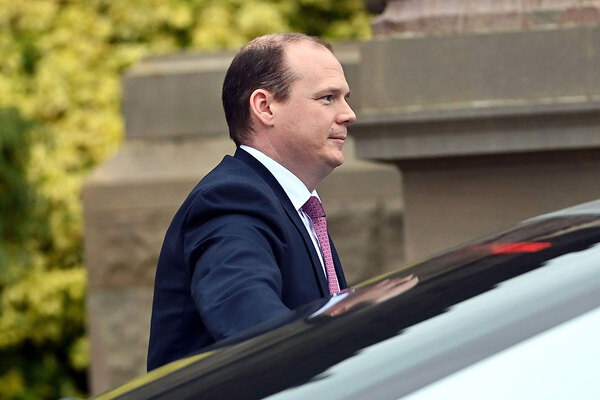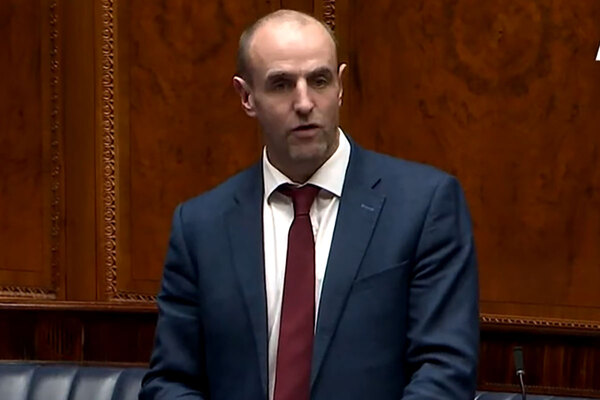You are viewing 1 of your 1 free articles
Housing First could save £4m in Liverpool region
A government-funded study into Housing First has found the scheme could save up to £4m compared to current homelessness services in the Liverpool City Region.
The regional study was commissioned by Crisis and set up to look at introducing Housing First at scale across the Liverpool City Region.
It was funded by the Department for Communities and Local Government and the Housing First Hub Europe.
It ran from February to June and considered whether Housing First could be an alternative to supported housing for homelessness in the future.
Researchers found in a “conservative” scenario, where Housing First runs alongside reduced levels of supported housing, there could be cost savings of £1.18m whereas if Housing First replaced most supported housing the savings could be £4.02m.
Inside Housing’s Cathy at 50 campaign has been calling for the government to back Housing First programmes.
The estimated demand for the service over the first 10 years of operation would require 310 homes in 2018, the report said, reaching a peak of 555 homes in 2024.
The cost of providing the Housing First model would be approximately £12,607 per client per year, which includes costs for a local letting agency to source housing, mental health support and a 24/7 on-call service as well as the main support team.
The authors considered a number of options for commissioning the service and concluded a regional joint commissioning approach would be the most effective.
Housing First uses ordinary housing and is designed to house formerly homeless people with high support needs in their own permanent homes as quickly as possible, rather than waiting for other support needs – such as mental health – to be addressed first.
There is “high demand and unmet need” in the current homelessness system across the region, the report’s authors found. Over a two year period, out of the 8,848 people assessed only 60% were placed in accommodation. On average 93 new rough sleepers are seeking to be assessed every month.
The authors said there was a “high degree of consensus” from homeless people and support workers that the current system is not working well.
Increasing numbers of homeless people are seeking support who have complex needs. Nearly one in three of those with complex needs, such as a mental health problem and a substance addiction, are not being given or accepting an accommodation placement.
People who had been homeless told the report’s authors support should include emotional support, independence, opportunities for rehabilitation and a focus on integration.
Housing First “aligns well” with these priorities because by dispersing homeless people into the community it allows them to re-enter “normal” life and since it is not conditional on abstinence it treats homeless people “like adult citizens with strengths, rights and responsibilities”.
The report’s authors said homes could be provided either directly by landlords or through a local lettings agency which could manage private and social tenancies for the Housing First service.
Sajid Javid, secretary of state for communities and local government, said: “This study demonstrates the potential of Housing First to end rough sleeping for people with the most complex needs and will provide valuable evidence for consideration by our new Homelessness Reduction Task Force. Its publication underlines the importance of our manifesto commitment to pilot a Housing First approach and implement the Homelessness Reduction Act.”
Steve Rotheram, metro mayor for Liverpool City Region, said: “I’m delighted to support Crisis in the launch of this important report. This is an issue of deep concern to me and to people across the Liverpool City Region. I recognise the enormously valuable work being done by agencies who are trying to tackle this issue, but as this report makes clear, there are limitations to the current system which mean that all too often the most vulnerable rough sleepers are falling through the cracks.”












